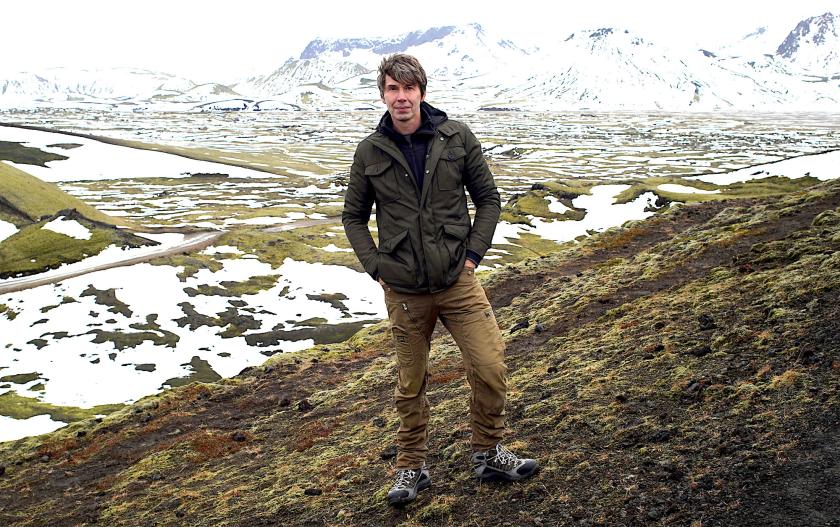Professor Brian Cox, still looking cheekily boy-band-ish at the age of 51, has made himself a child of the universe. His day job is professor of particle physics at Manchester University, but turn him loose with a camera crew and an unfeasibly large budget and he turns into a starry-eyed cosmic hippy.
In his new series for BBC Two, the Prof is taking a survey of Earth and the other seven planets which make up our solar system. His thesis is that each of these – Mercury, Venus, Mars and the rest – experienced a period when they enjoyed conditions in which life could develop, but for various reasons it all turned bad. Only Earth has known the extraordinary blessing of a stable life-supporting environment over four billion years.
Cox has mastered the ingenious trick of taking a bundle of scientific facts – although maybe some are just hypotheses – and weaving them into a crowd-pleasing spectacle. The production fully exploits the potential of sweeping high-def cinematography and CGI, with asteroids carving fiery trails across the heavens and planets colliding in awesome slow motion. To this, he adds his own narrative in a heightened, pseudo-poetic style, which matches the epic vistas of oceans or mountains in front of which he likes to pose. He will tell (he promised, standing on a rocky precipice as a low sun flared behind him) “stories of worlds born and worlds lost… their destinies more entwined than we ever imagined.” The effect is vastly heightened by the symphonic soundtrack from composer Andrew Christie, a protege of Hollywood music giant Hans Zimmer and who sounds as if he’d be right at home in the Marvel Cinematic Universe.
Amidst all this high drama, Cox does have powerful stories to tell. It was shocking to hear how scientists used to think cloud-shrouded Venus might support life, only to discover that it’s “a vision of hell” with a poisonous atmosphere and temperatures of 457 degrees Celsius. Mercury, “only” 58 million kilometres from the Sun, is a deathly wasteland of extreme temperatures and barren craters. By comparison, Earth really is paradise.















Add comment